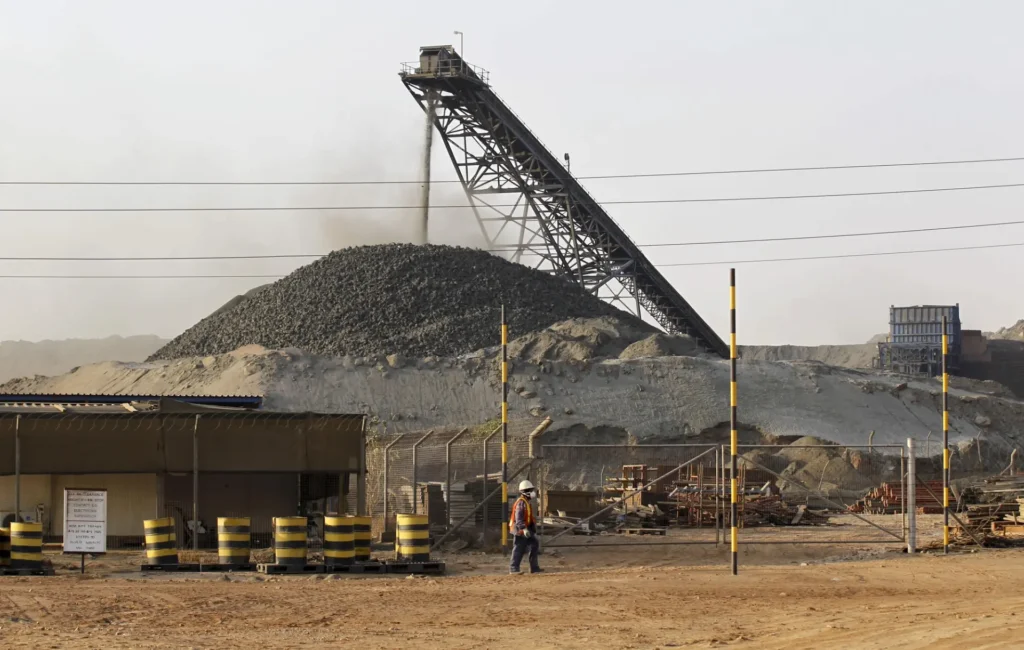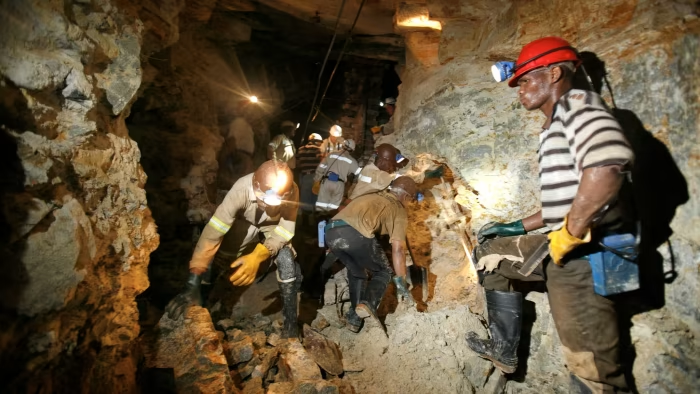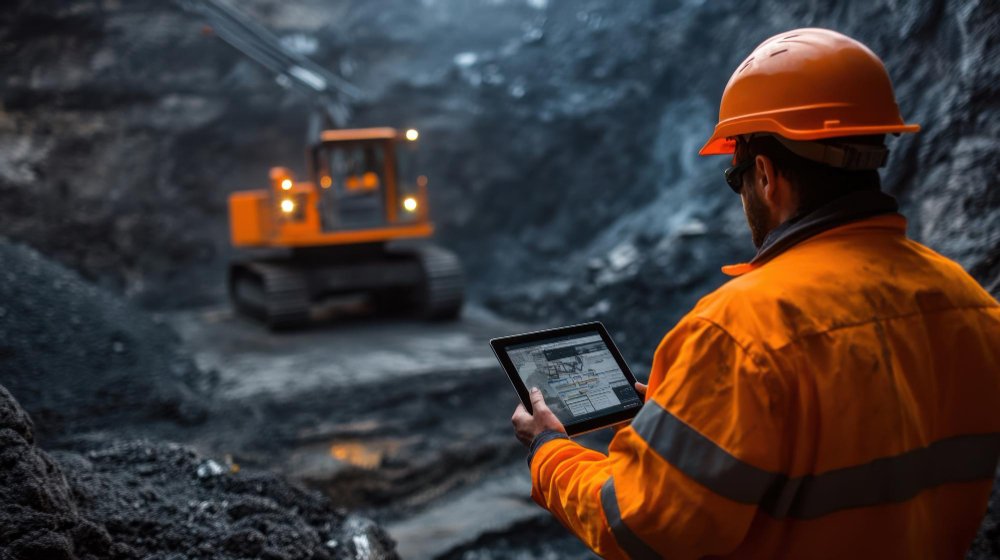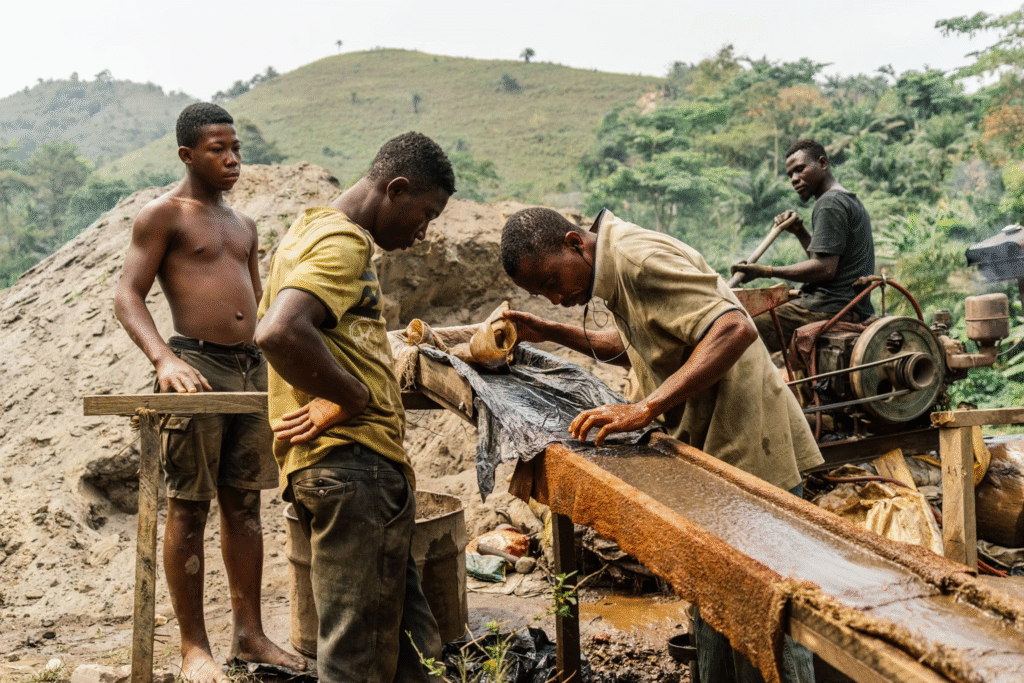Africa Mining Jobs
Africa Mining Jobs: Opportunities, Challenges, and Pathways to Growth
The mining industry is a cornerstone of Africa’s economy, providing millions of jobs and driving economic growth across the continent. From artisanal miners in rural villages to engineers managing state-of-the-art operations, mining jobs play a vital role in shaping livelihoods and communities. However, the sector also faces challenges such as skills gaps, safety concerns, and the need for greater inclusion. In this blog post, we will explore the landscape of mining jobs in Africa, highlighting key opportunities, addressing challenges, and discussing how the industry can create sustainable employment for future generations.

The Role of Mining Jobs in Africa
Mining jobs are critical to Africa’s socio-economic development, directly employing over 7 million people and supporting millions more indirectly through related industries like transportation, manufacturing, and retail. The sector contributes significantly to GDP in countries like South Africa, Zambia, Ghana, and the Democratic Republic of Congo (DRC), making it a key driver of employment and economic activity.

Types of Mining Jobs in Africa
1. Skilled Positions
Skilled mining jobs include engineers, geologists, metallurgists, and environmental specialists. These roles require technical expertise and are often filled by university graduates or experienced professionals. Skilled workers are essential for designing efficient operations, ensuring safety, and complying with environmental regulations.

2. Semi-Skilled and Unskilled Labor
Semi-skilled and unskilled labor forms the backbone of many mining operations. These jobs include machine operators, truck drivers, and general laborers. While less technical, these roles are crucial for day-to-day mining activities and provide employment opportunities for local communities.

3. Artisanal and Small-Scale Mining (ASM)
Artisanal and small-scale mining (ASM) employs millions of Africans, particularly in rural areas. While ASM provides livelihoods for many, it often operates informally, leading to unsafe conditions and limited access to formal markets.

Key Sectors Driving Mining Jobs
1. Gold Mining
Gold mining is a major employer in countries like Ghana, Mali, Burkina Faso, and South Africa. Jobs range from exploration geologists to processing plant operators and security personnel.
2. Platinum Group Metals (PGMs)
South Africa’s platinum mines employ thousands of workers, from underground miners to refinery staff. PGMs are critical for catalytic converters, jewelry, and chemical manufacturing.
3. Copper and Cobalt
The DRC and Zambia are leaders in copper and cobalt production, creating jobs in mining, processing, and logistics. These metals are essential for electric vehicle batteries and renewable energy technologies.
4. Coal and Energy Minerals
Coal mining remains a significant employer in South Africa and Mozambique, while emerging sectors like lithium and rare earth elements are creating new job opportunities in Namibia and Zimbabwe.
Challenges Facing Mining Jobs in Africa
1. Safety Concerns
Mining is inherently dangerous, with risks ranging from cave-ins to exposure to harmful chemicals. Ensuring worker safety through training, protective equipment, and compliance with regulations is a persistent challenge.
2. Skills Gaps
Many African countries face shortages of skilled professionals, particularly in specialized fields like engineering and geology. Bridging this gap requires investment in education and vocational training.
3. Informal Mining
Artisanal and small-scale mining often operates outside formal regulatory frameworks, leaving workers vulnerable to exploitation and unsafe conditions. Formalizing ASM could improve safety and create better job opportunities.
4. Gender Inequality
Women remain underrepresented in the mining workforce, particularly in leadership and technical roles. Promoting gender diversity is essential for fostering inclusive growth.
Opportunities for Job Creation
1. Technological Advancements
Automation, artificial intelligence (AI), and data analytics are transforming mining operations, creating demand for tech-savvy professionals. Upskilling workers in digital technologies can unlock new career paths.
2. Green Mining Initiatives
The shift toward sustainable practices is driving demand for environmental specialists, water management experts, and professionals focused on reducing carbon footprints.
3. Infrastructure Development
Mining projects often lead to the construction of roads, railways, and power plants, generating additional jobs in infrastructure development and maintenance.
4. Local Content Policies
Governments are increasingly implementing policies that require mining companies to hire locally and source materials domestically. This creates opportunities for local workers and businesses.
Frequently Asked Questions (FAQs)
Q1: What types of jobs are available in Africa’s mining industry?
A1: Jobs range from skilled positions like engineers and geologists to semi-skilled roles like machine operators and unskilled laborers. Artisanal mining also provides informal employment.
Q2: Which countries offer the most mining jobs in Africa?
A2: Key countries include South Africa, Ghana, Zambia, the DRC, and Tanzania, all of which have thriving mining sectors.
Q3: How can workers prepare for careers in mining?
A3: Workers can pursue education in mining-related fields, attend vocational training programs, or gain hands-on experience through internships and apprenticeships.

